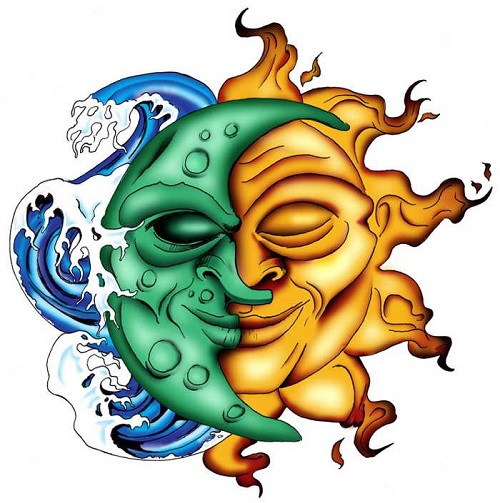FWP:
SETS
SPRINGTIME: {13,2}
TAMASHA: {8,1}
The commentators tend to treat this as something like a verse-set, though most of them don't use the term. Many of them present all the verses together, and comment on them as a group. Bekhud Dihlavi identifies the ghazal as including a verse-set that begins with the second verse (263). Shadan actually asserts that it's not a ghazal; Chishti pointedly refers to it as a 'poem' [naz̤m] (730), while Mihr calls it a 'solid/fixed poem [mustaqil naz̤m], with all its verses continuous' (599). It's easy to see why they do so, since the whole ghazal obviously does have an unusual degree of unity. To me the whole ghazal certainly feels like a verse-set; but Arshi doesn't mark it as such, so apparently Ghalib didn't either. S. R. Faruqi describes it (Dec. 2005) as a continuous ghazal.
In terms of continuity, this ghazal has a sense of something even more than flowingness-- a sense in fact of rushing along, of a continued strong, eager flow of thought and feeling from one verse to the next. The ghazal wants to be read as a whole, and that desire simply oozes out of it, no matter whether we officially call it a verse-set or not. The meter is short, and the verses, if taken one by one, are quite un-Ghalibianly simple and plain.
In some ways it's reminiscent of {49}, which with its unifying 'wave of wine' has a similar feeling of thematic unity and of rushing along from verse to verse. But many verses of {49} are individually powerful and brilliant, while none of the verses in the present ghazal have as much force. It can perhaps best be compared with the verse-set beginning with {162,4}; though that one too seems to have somewhat more striking individual verses.
Obviously, it culminates in rejoicing at the King's restored
health, in {181,7}. So perhaps, since the whole
cosmos joins in celebration, it should be considered a form of ode
to the King in his restoration to health. And in that specificity of context
it can be compared to the elegy
for Arif, {66}; and to the more generalized
elegy that is {139}.

Nazm:
[Commenting on the whole ghazal:] In this season the air, like wine, creates intoxication. Now, what need is there to drink wine? (204)
== Nazm page 204